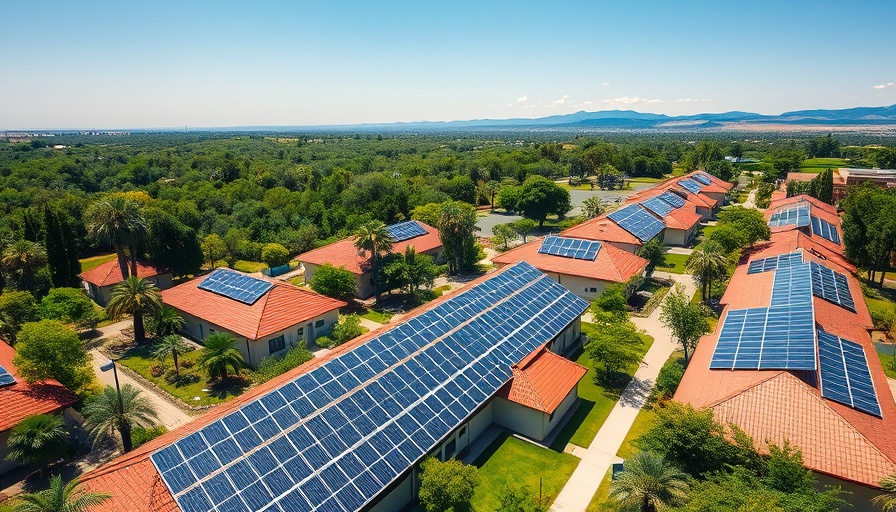
The Smart Choice: Renewables Over Carbon Capture
In the ongoing battle against climate change, recent research unveils a compelling argument: investing in renewables such as solar, wind, and hydropower presents a more efficient and cost-effective solution than carbon capture technology. As revealed in a study reported in the journal *Environmental Science and Technology*, the findings challenge the growing reliance on carbon capture and storage (CCS) as a viable climate strategy.
Conducted across 149 countries, the study presents two contrasting scenarios through to 2050: one focusing entirely on renewable energy sources (wind-water-solar or WWS) and the other mixing these with CCS technologies while still relying on fossil fuels. The results speak for themselves: the renewable scenario could reduce energy demands by 54.4%, lower energy costs by nearly 60%, and slash social costs by an astonishing 91.8%. Conversely, the carbon capture approach could lead to social costs ballooning to $60-80 trillion annually.
Understanding the Cost-Effectiveness
Lead author Mark Jacobson points out, "If you spend $1 on carbon capture instead of on wind, water, and solar, you are increasing CO2, air pollution, energy requirements, energy costs, and total social costs." In essence, opting for carbon capture effectively perpetuates the very issues it aims to mitigate. In stark contrast, the transition to renewable energy not only eliminates greenhouse gas emissions but also significantly reduces pollution, leading to enhanced public health outcomes.
The Broader Economic and Environmental Impact
Echoing earlier studies, including one from *Nature Energy*, the consensus is clear: renewable energy technologies provide a superior energy return on investment compared to fossil fuels combined with CCS. By focusing investments on solar and wind infrastructures, countries can not only meet their climate goals but offer substantial economic benefits. With over 40 large-scale carbon capture projects currently in development globally, the time has come to reassess their role within the energy ecosystem.
Experts argue that carbon capture strategies should be viewed as a supplementary, niche solution rather than a foundational element of climate policy. As we move further into an era requiring swift action against climate change, the case for renewables strengthens, urging both policy-makers and investors to align with cleaner, more sustainable energy sources.
Moving Forward: Policy Implications
With governments and corporations making significant investment decisions, the focus should not solely be on cutting-edge technologies like CCS, which often divert valuable resources away from more promising renewable initiatives. Envisioning a future powered by sustainable energy could very well mean re-evaluating our current investment strategies and policy frameworks, all while paving the way for a healthier planet.
As we reflect on these findings, they not only provide a roadmap for a more sustainable future but also emphasize the direct connection between our energy choices and public health. By embracing renewables, we may simultaneously protect the environment and enhance the wellness of communities worldwide.
 Add Row
Add Row  Add
Add 




 Add Row
Add Row  Add
Add 



Write A Comment